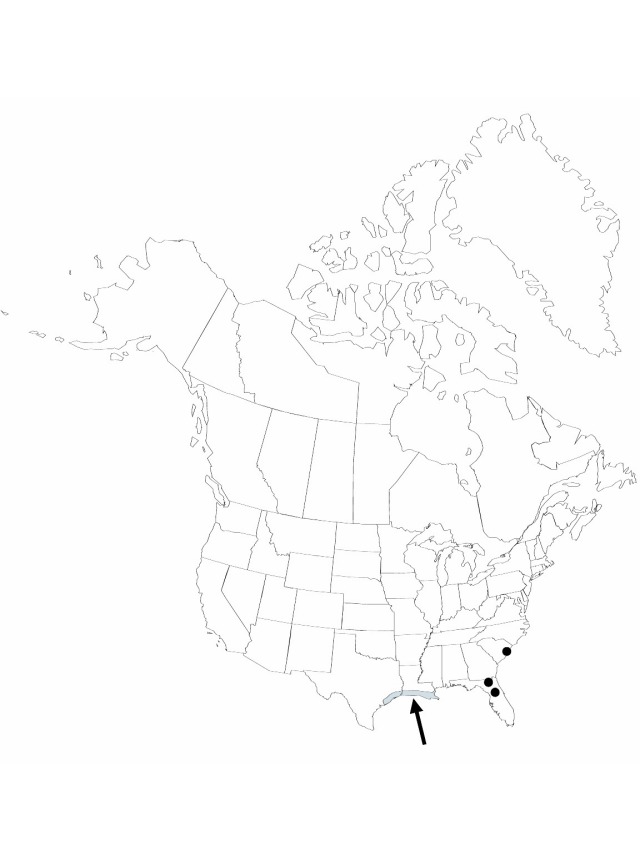Rhizomes far-creeping, 0.5–1.5 cm diam. Leaves: sheath and blade glaucous; blade narrowly ovate, 28–70 × 1.5–14 cm, base cuneate, apex very gradually narrowing to acute. Inflorescences racemes, simple or occasionally branched, bearing 2-flowered cincinni, more than 10 flowers per inflorescence; primary bracts 10–30 cm; secondary bracts 5–20 cm; floral bracts persistent, (broadly) ovate-triangular, 0.7–2.5 × 0.4–1 cm, apex entire or irregularly lobed, glaucous; bracteoles (broadly) ovate-triangular, 0.3–2 cm × 4–8 mm, apex entire or irregularly lobed. Flowers pure yellow, 7.5–10 cm; pedicels short, to 0.5 cm; sepals narrowly elliptic-triangular, 1.2–2 × 0.3–0.5 cm; petals erect, 5–9 cm, tube 1–2 cm, lobes narrowly ovate, 4–7 × 0.7–1.1 cm; staminodes 4, narrowly elliptic to narrowly ovate, 7.5–10 cm, free part 0.5–2.3 cm wide, apex sometimes slightly notched; labellum strongly reflexed, linear, approximately equal to other staminodes. Capsules globose to ellipsoid, 2–5 × 2–4 cm. Seeds brown, ovoid, 7–10 × 6–8 mm. 2n = 18.
Phenology: Flowering summer; fruiting summer–fall (Jun–Sep).
Habitat: Margins of marshes, swamps, ponds, and wet ditches
Elevation: 0–100 m
Distribution

Fla., La., S.C., Tex., West Indies, Central America, South America.
Discussion
Canna glauca is introduced in Florida and probably in South Carolina.